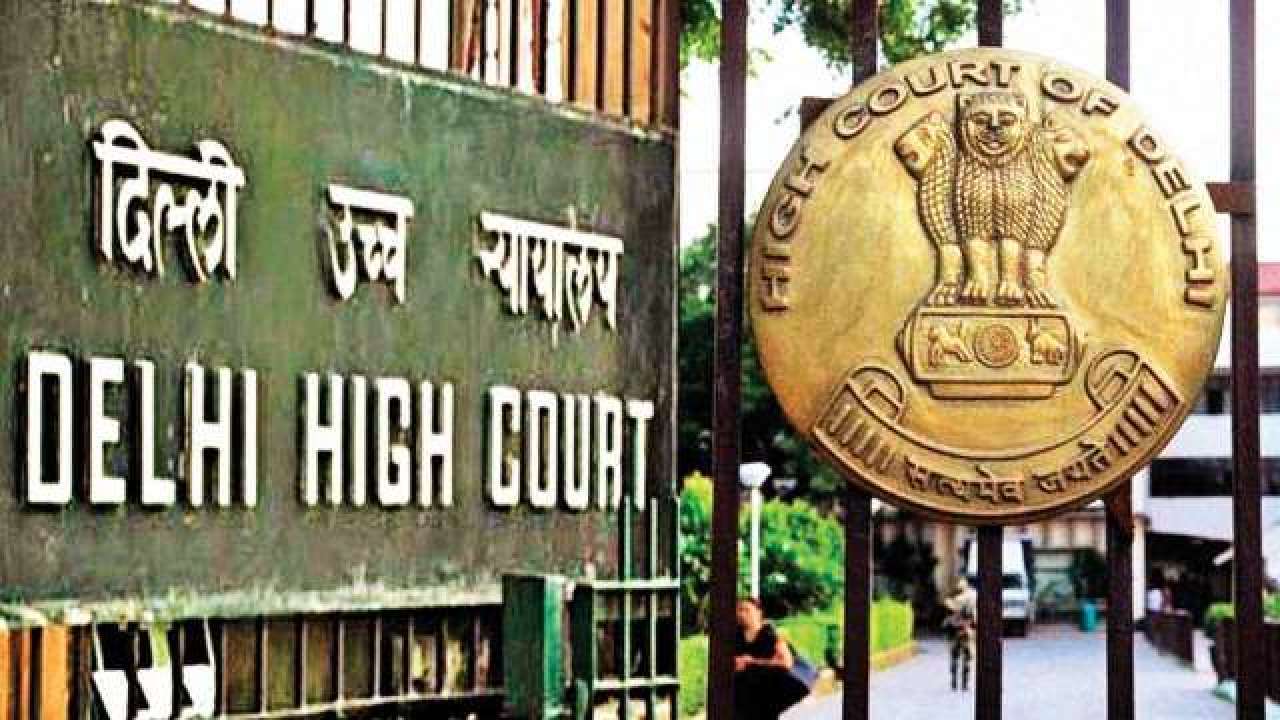The executive may take a policy decision based upon prevailing circumstances for better administration, and to meet out the exigencies of time. The Court is called upon to consider the validity of such a decision only when a challenge is made before it. The grant of relaxation in the past was held by the Court not to constitute an arbitrariness or unreasonableness necessitating the grant of an exemption in the present year also. This was held in ISHA JAISWAL & ORS v. NATIONAL TESTING AGENCY (NTA) & ORS. [W.P.(C) 1464/2021] in the High Court of Delhi by a single bench consisting of JUSTICE PRATEEK JALAN.
Facts are that the petitioners were candidates for JEE Mains conducted by respondent NTA in January and September 2020. They claim that they were unable to take the examination in the September 2020 session, or were not able to deliver satisfactory performances due to the Covid-19 pandemic. Petitioners are unable to appear in 2021 of examination due to the eligibility conditions and have filed a writ against the same.
The petitioners submitted that an additional opportunity to appear in the examination this year should be granted as they claim their inability to secure a satisfactory result in 2020 was due to factors beyond their control. That relatively small number of last-attempt candidates would not lead to any material detriment to other candidates in the 2021 examination.
The counter-affidavit has been filed by the NTA, it has been contended that the NTA has taken a policy decision in which the interference of the writ court is not warranted.
The court made reference to the judgment of Apex court in the case of Union of India & Others vs. M. Selvakumar & Another., wherein it was observed that “the well-settled principle that interference by the writ Court in policy decisions is permissible only for a very limited purpose, i.e. in the event, the policy is found to be absolutely capricious, totally arbitrary or not informed of reasons”.
The court also made reference to the judgment of Apex Court in Rachna & Ors. vs. Union of India & Anr, “policy decisions which had been taken by the executive on earlier occasions of which a reference has been made always depend on the facts and circumstances at the given point of time and has to be tested independently in the circumstances in which it has been exercised by the competent authority”.
Considering the facts of the case and the legal precedents, the court held that the facts are insufficient to entitle the petitioners to any relief. Placing reliance on Rachna (supra), the court held that the policy decision taken by the testing body in the case of the JEE (Advanced) Examination cannot render the present decision arbitrary or unreasonable.


